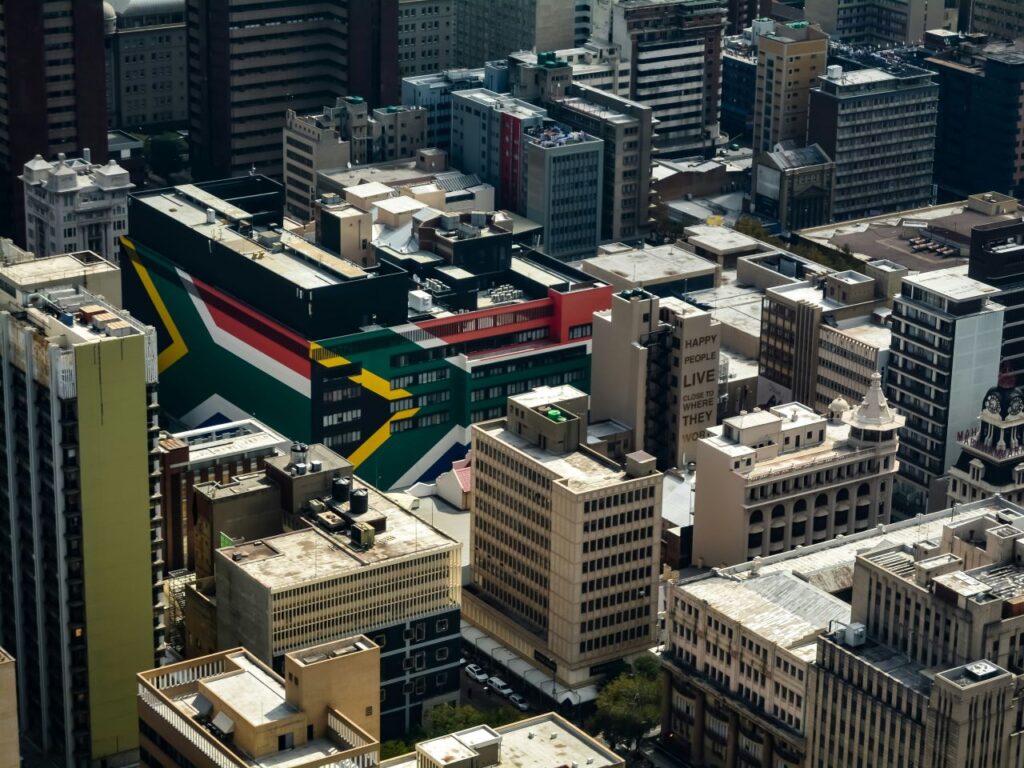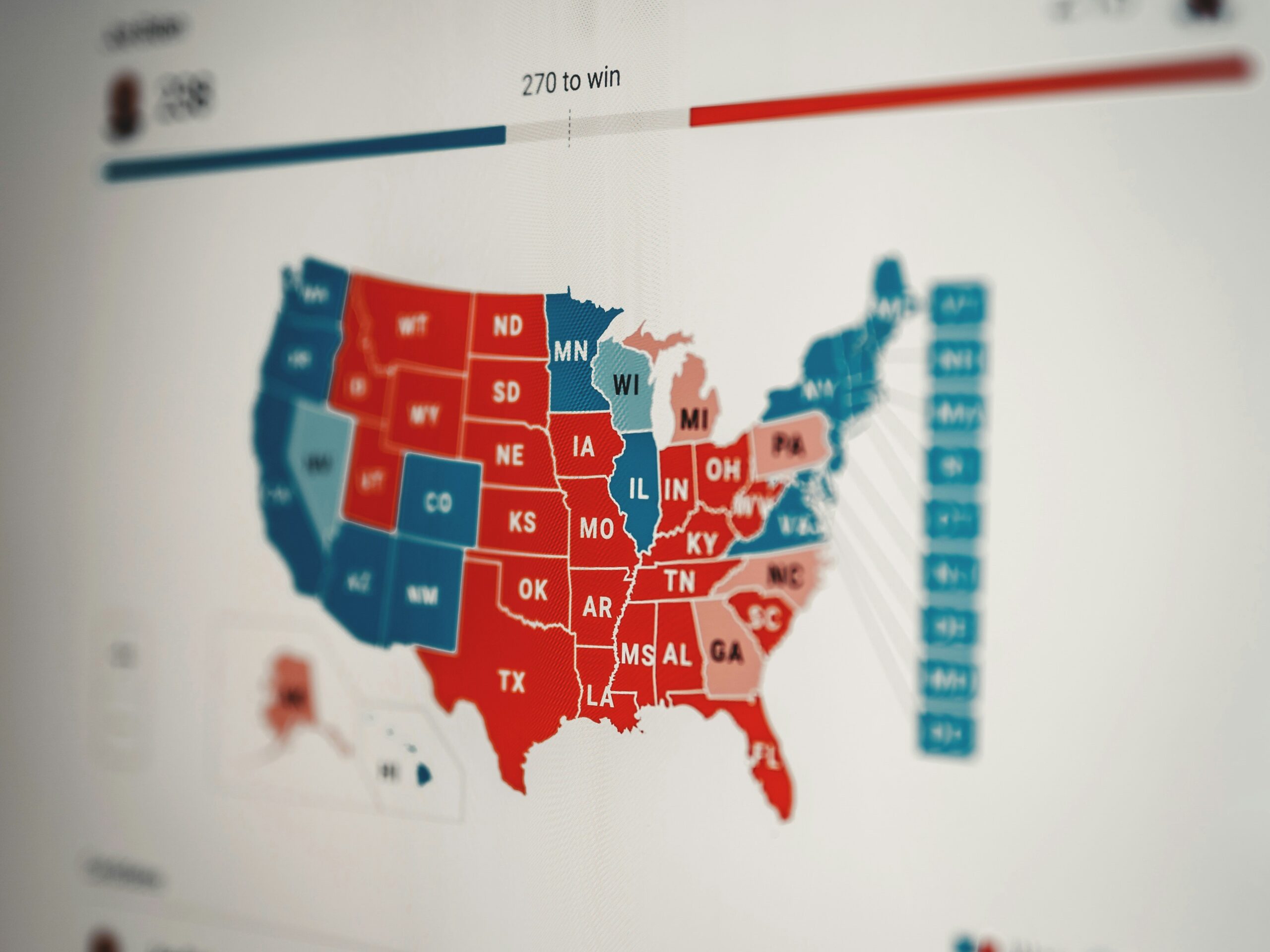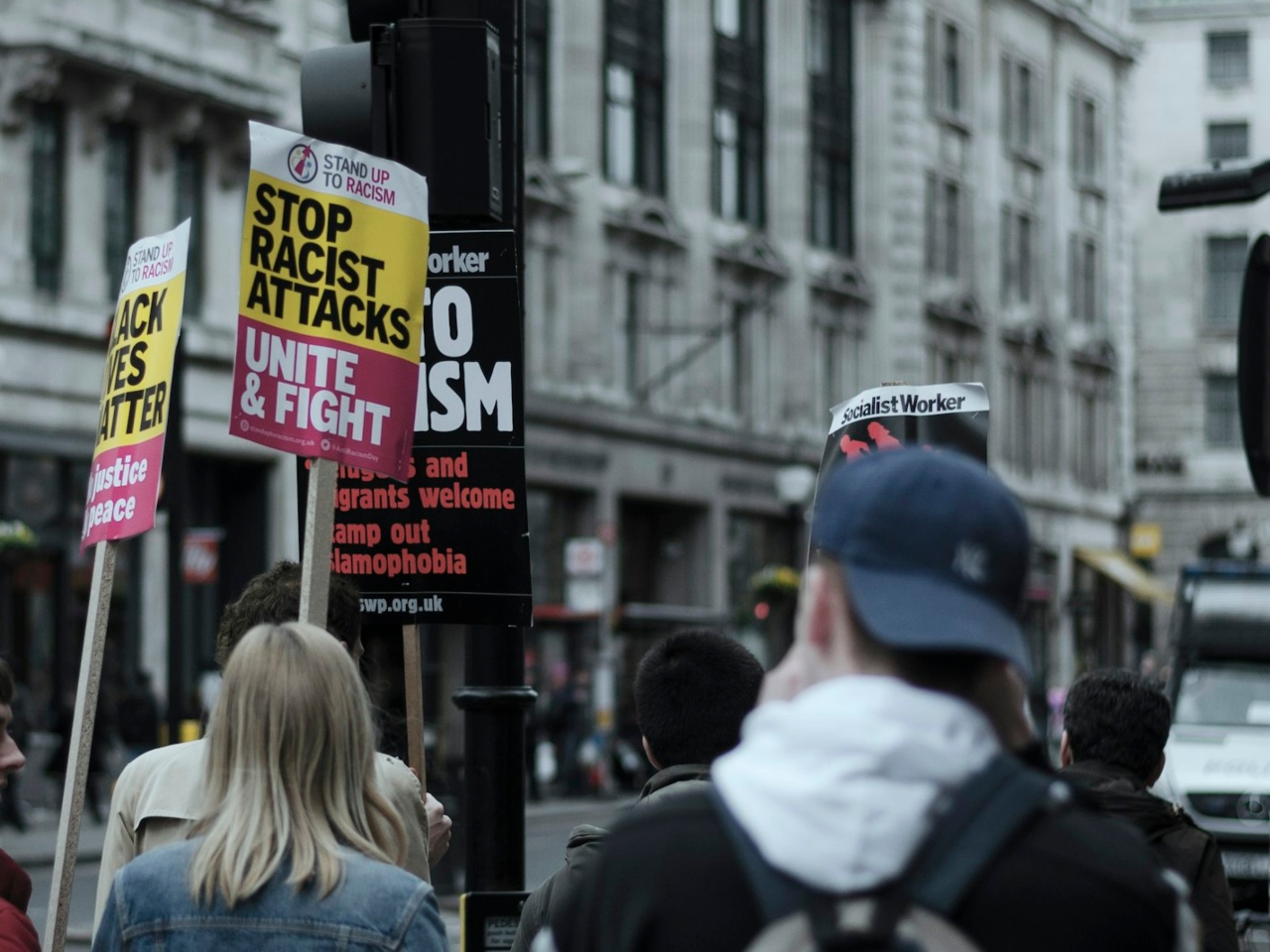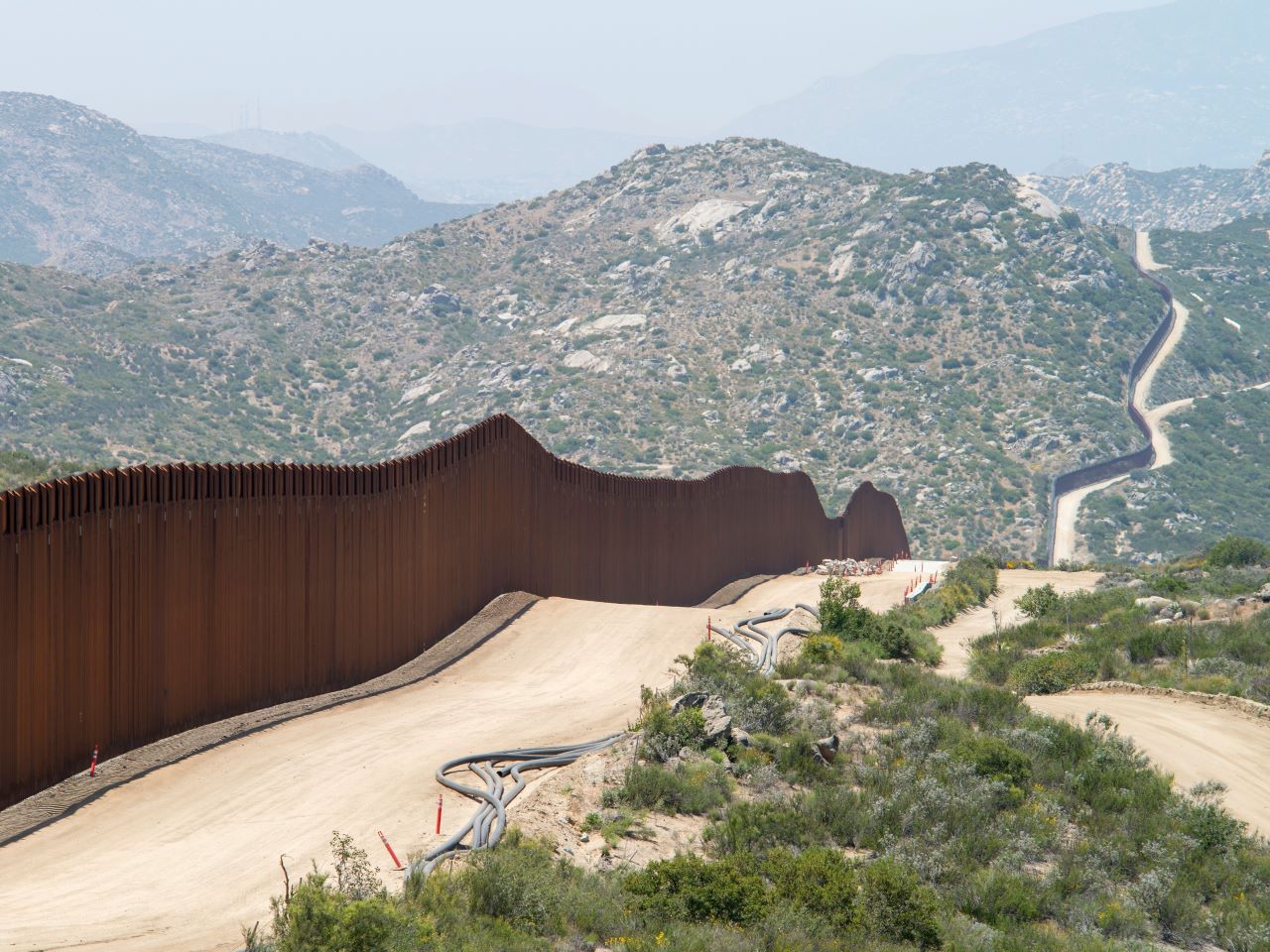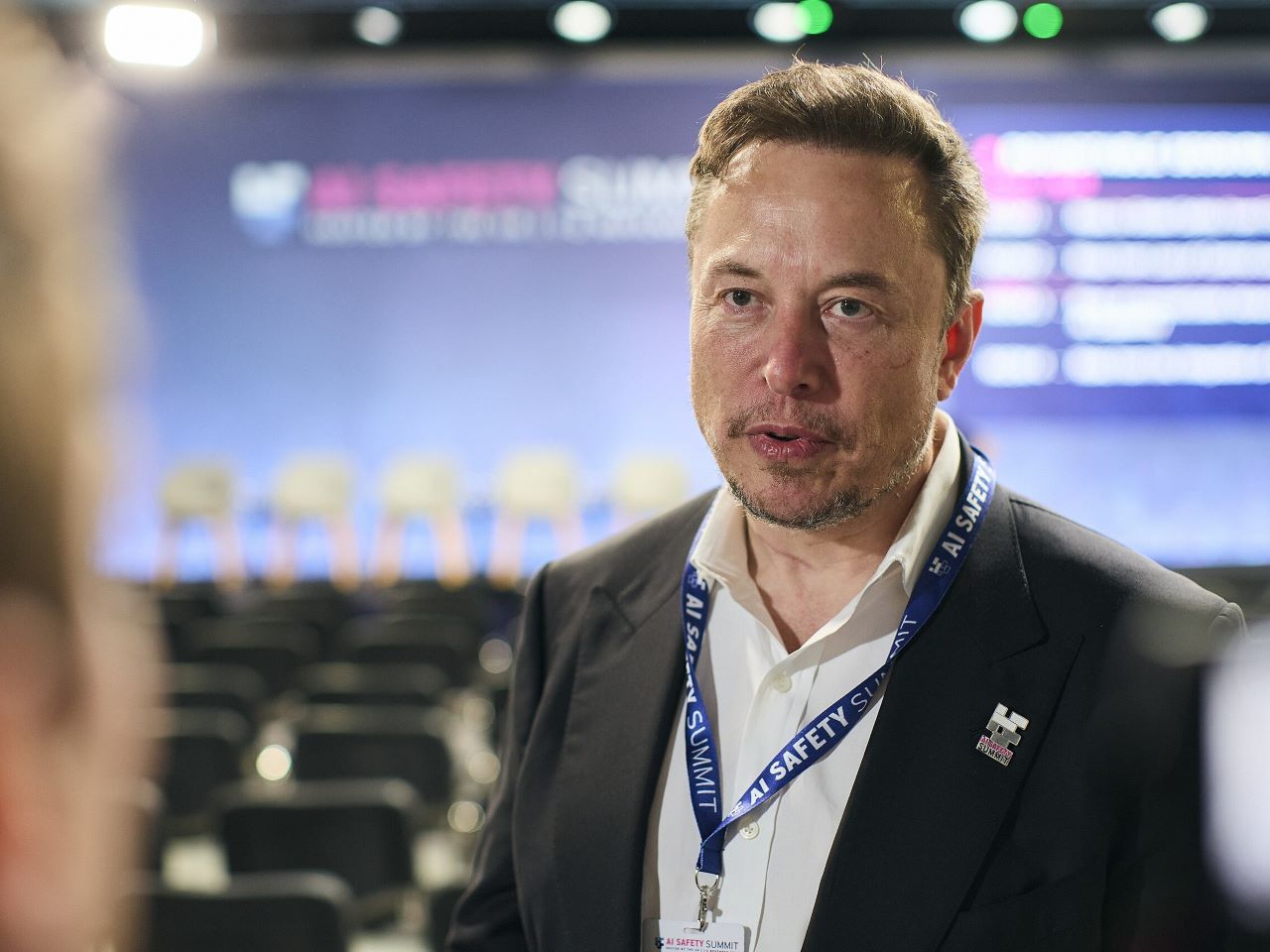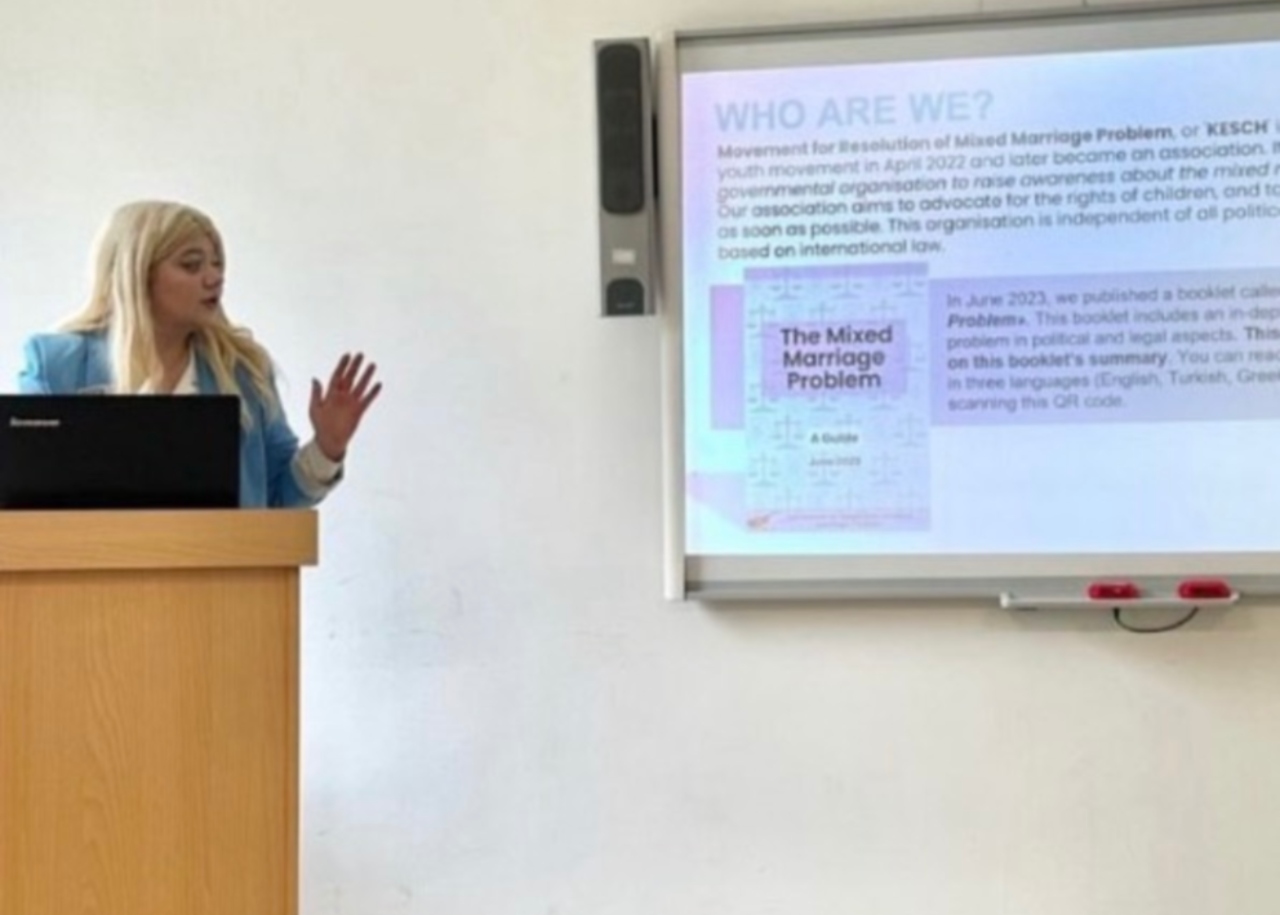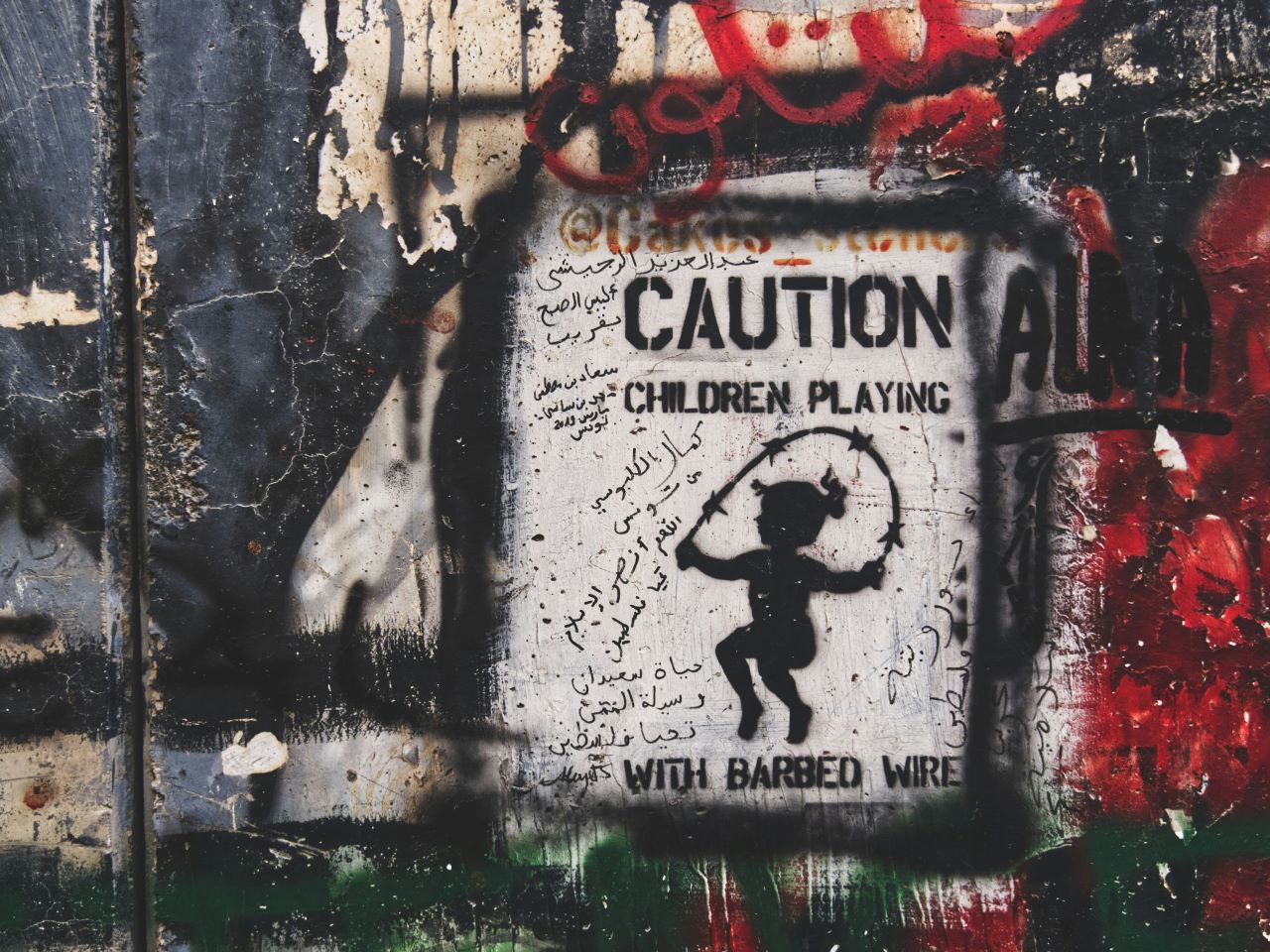On 60th anniversary of Nelson Mandela’s sentencing, South Africa faces political decay
Reflecting on the vision of Nelson Mandela, we remember a leader who, after dismantling apartheid and enduring over 30 years in prison, envisioned a South Africa united in its diversity, committed to justice, and dedicated to the upliftment of all its people. Mandela’s legacy is a powerful reminder of what is possible when we come together with a shared purpose and determination.
- 2 years ago
June 12, 2024
The dust has settled on South Africa’s most recent elections, yet the landscape remains a patchwork of discontent and uncertainty. Voters have spoken, but the echoes of their voices reveal a nation at a crossroads. South Africa is grappling with its democratic identity and future trajectory. The results are a stark reminder that the promise of a prosperous, unified South Africa remains unfulfilled. The electorate’s message is both a call for change and a cry for help.
The ruling ANC (African National Congress), once the bastion of hope and liberation, has seen its support dwindle. For the first time, the ANC’s dominance has been seriously challenged. This reflects widespread dissatisfaction with persistent corruption, economic stagnation, and social inequality. The party’s failure to deliver on its promises has left many South Africans disillusioned. They question whether the ANC can still be the torchbearer of their aspirations. Basic needs such as running water, reliable electricity, and employment opportunities remain elusive for millions. The the deep-rooted corruption has eroded trust in government institutions. This failure to meet fundamental needs has not only undermined the ANC’s credibility but also jeopardized the future of millions who rely on the government for basic services.
The systemic corruption within the ANC has had far-reaching consequences. Scandals involving high-ranking officials have become almost routine. This shakes public confidence and illustrates a profound disconnect between the leadership and the populace. The party’s inability to root out corruption has not only stifled economic growth but also diverted critical resources away from essential services. This failure exacerbates poverty and inequality. It leaves many to wonder if the ANC is still capable of leading the nation towards a better future.
Will South Africa rise above partisanship?
Meanwhile, the DA (Democratic Alliance) and the EFF (Economic Freedom Fighters) have capitalized on this disillusionment. They present themselves as viable alternatives. Yet, their rise is not merely a testament to their appeal but also an indictment of the ANC’s faltering grip. The DA, with its vision of a liberal, market-driven economy, continues to struggle with accusations of being out of touch with the realities of the majority.
While their policies may offer economic solutions, their appeal often falls short in addressing the socio-economic disparities that plague the nation. The EFF’s radical approach, while resonating with the frustrations of the disenfranchised, raises concerns about stability and governance. Their policies, often seen as too extreme, spark debates about their feasibility and the potential consequences for the nation’s stability.
This electoral shift demands more than a superficial analysis of party politics. It calls for a deep, introspective look at our collective national journey. Are we, as a nation, content to navigate a fractured political landscape where division and discord reign? Or can we rise above partisan squabbles to forge a new path of unity, accountability, and progress?
The electorate’s cry for change is not just directed at political parties; it is a challenge to every South African. It is a call to engage in meaningful dialogue, to hold our leaders accountable, and to actively participate in shaping the future we desire. The onus is on us to reject complacency and cynicism. We must demand better from our elected representatives, and to work tirelessly towards a society that truly reflects the ideals of justice, equality, and prosperity.
On the 60-year anniversary of Nelson Mandela’s sentencing, South Africa faces new political challenges
Reflecting on the vision of Nelson Mandela, we remember a leader who, after dismantling apartheid and enduring over 30 years in prison, envisioned a South Africa united in its diversity, committed to justice, and dedicated to the upliftment of all its people. Mandela’s legacy is a powerful reminder of what is possible when we come together with a shared purpose and determination. His dream of a Rainbow Nation, where all citizens have equal opportunities and live with dignity, remains a beacon of hope. It is a challenge for us to realize that vision fully.
Mandela’s vision was not just a political statement but a profound commitment to a just and equitable society. He saw a South Africa where racial and economic divides would be bridged. He imagined the scars of apartheid would heal through collective effort and reconciliation. Mandela’s leadership style was characterized by humility, empathy, and an unwavering commitment to human rights. He set a standard that seems distant in today’s political climate. His legacy challenges us to strive for a society where leadership is about service, integrity, and the collective good.
The current political landscape stands in stark contrast to Mandela’s vision. Instead of unity, we see growing polarization; instead of progress, we face stagnation and regression. The challenges we face are immense. Unemployment is at a staggering high, service delivery is in shambles, and inequality is deepening. Yet, these challenges also present opportunities for renewal and transformation. If we are to honor Mandela’s legacy, we must confront these issues with the same courage and conviction that he demonstrated throughout his life.
South Africa stands at a pivotal moment. The recent elections have laid bare the fractures within our society and the urgent need for a new direction. It is a moment ripe for reflection and action. Let us heed the call of the electorate, not with resignation, but with a renewed commitment to building a nation that honors the legacy of its past while boldly embracing the possibilities of its future.
To move forward, we must address the root causes of our current predicament. This means implementing robust anti-corruption measures and ensuring transparency and accountability in all levels of government. It means creating an inclusive economic environment that benefits all citizens. Education and skills development must be prioritized to equip the next generation with the tools they need to thrive. Infrastructure development, especially in underserved areas, is crucial for improving living conditions and stimulating economic growth.
Moreover, social cohesion must be fostered through policies that promote integration and understanding among different communities. The media, civil society, and every South African have a role to play in rebuilding trust and fostering a sense of national unity. By working together, we can overcome the challenges that divide us. We can create a future where every citizen has the opportunity to succeed.
The question before us is clear. Will we allow this pivotal moment to pass unheeded? Or, will we seize it as an opportunity to redefine our nation’s destiny? The choice is ours, and the time to act is now. Let us rise to the occasion, inspired by the vision of Nelson Mandela, and commit ourselves to the hard work of building a just, prosperous, and united South Africa.

